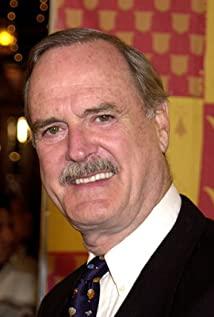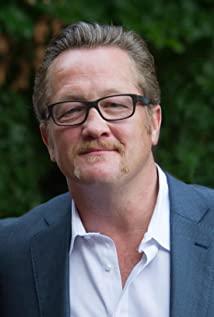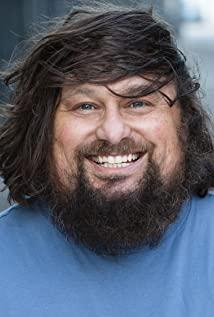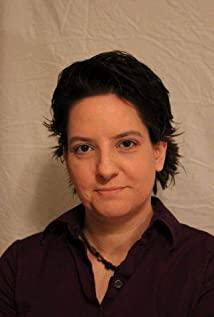In the West, creation used to belong only to God's grace, and human beings could only obey and imitate. "My Name is Red" tells such a story, and creation became a sin. People could only crawl at the feet of God and follow every step of the way. Otherwise it is not humble enough. And all artistic life is creating. The creation through the hands of the artist has to be alive, and the artist often injects his own life into it, so that the work can be brought to life and passed on forever. Mephistopheles made a deal with the devil, and the artist was also the one who made a deal with the devil. He was accompanied by loneliness, sacrificed the joy of the world, and worked hard to pour a living life into his works. Artists are chosen people who have acquired talents, but they are not used to promote God’s grace, but to usurp power and seize power to create living beings. This is the power that should be exercised by God, so it is inevitable to be apprehensive. But Nietzsche's voice that God is dead has been around for more than a hundred years, so they probably won't have such a taboo anymore.
The female writer in the movie, the style is that the protagonist of each book ends up dying. I have written 8 books, but I haven’t published a new book for 10 years. In the 9th book, something went wrong, and the protagonist came to the door. It turns out that the things she wrote were all in progress, and even her pen determined the direction of the protagonist’s life. . The creative power of the writer thus becomes a problem. The text is not only presented on paper, but the story will also continue in life.
This lifts the writer's pen to unprecedented heights. Create, create a person. Create, kill a person. Writers who have long fearlessly walked on the road of creation have begun to tremble again, walking on thin ice. Such a dilemma calls into question human creativity, does it make people better, or, instead, do we choose to continue to promote our own creativity, or do we care about something else?
Humans are supposed to be the most creative species on earth, and in the most modern countries, a white-collar worker at the IRS leads a monotonous life with no hobbies other than counting - which is also an occupational disease , Going back and forth, counting, living, going to work, his life is all composed of numbers, regular and fixed, work and rest. In this modern society, which has developed very fully through human creativity, the protagonist has lost the meaning of life - except for numbers, his life is empty.
What exactly are we supposed to create. Is it those "progressive" lives? Or, the rush of "progress" can be a little slower, making us realize that what is more important is just the caring between people, which is also lost by us. That's what the movie has to tell us. The writer chose to give the hero who saves lives a chance to live. Every living person cherishes the people around them more, remembers every warm moment, and continues life well.
When human beings are aware of their creativity, excited and eager to try, and even put on red dancing shoes because of it, and cannot stop, at this time, they will gradually indulge in their own abilities, indulge in the power of being the creator, but lose What really matters - love and care.
Stop, don't be so perfect. The writer chose this ending for her book. She had been so unhappy to write this book, but she could have been a little happier. And she did.
View more about Stranger Than Fiction reviews











